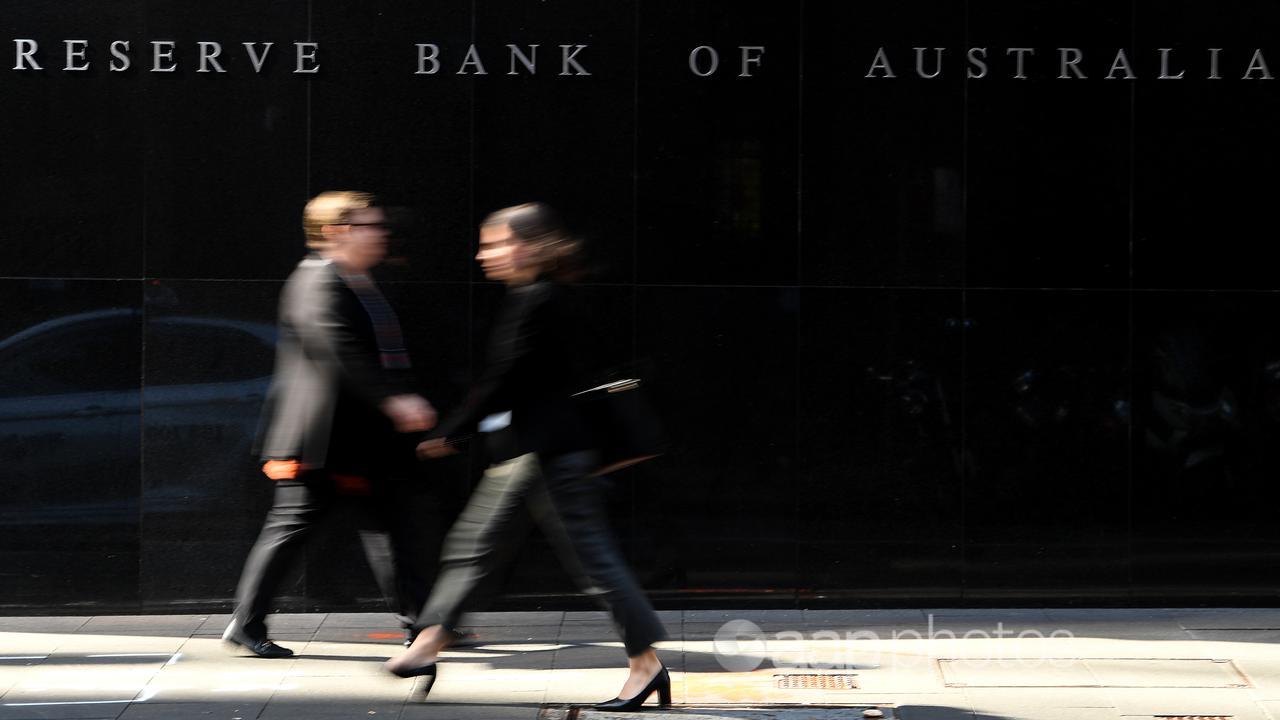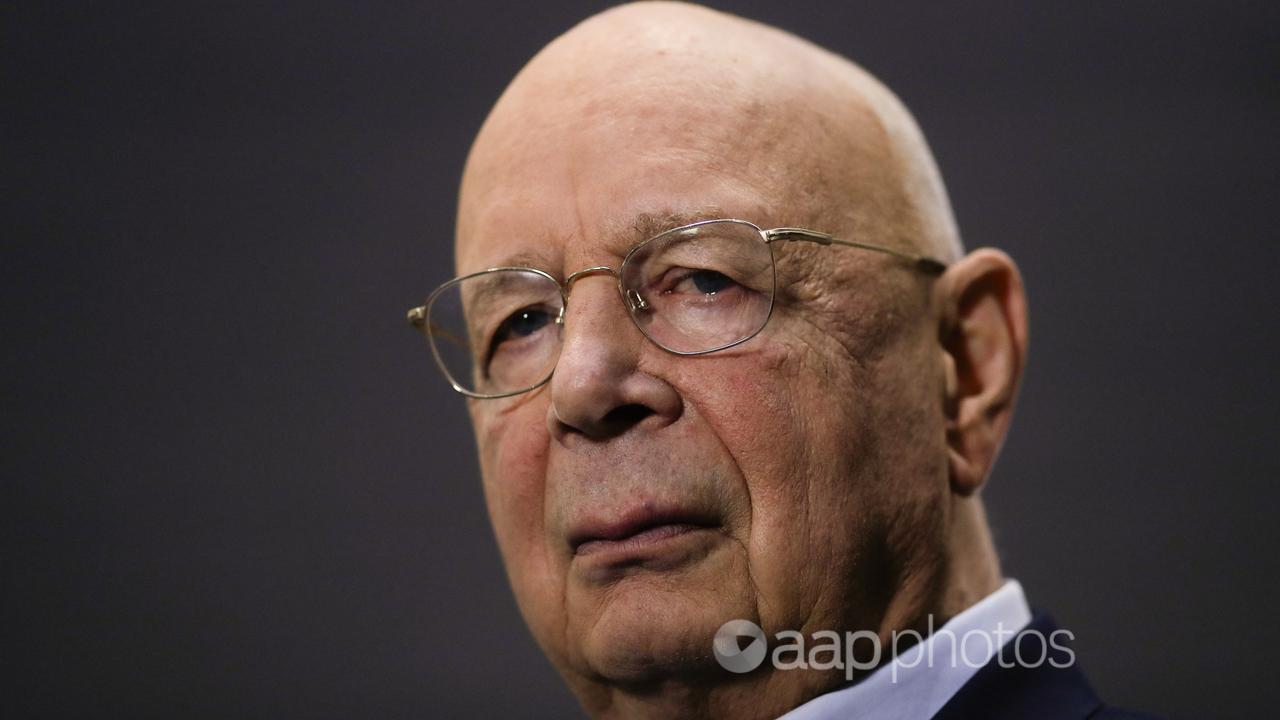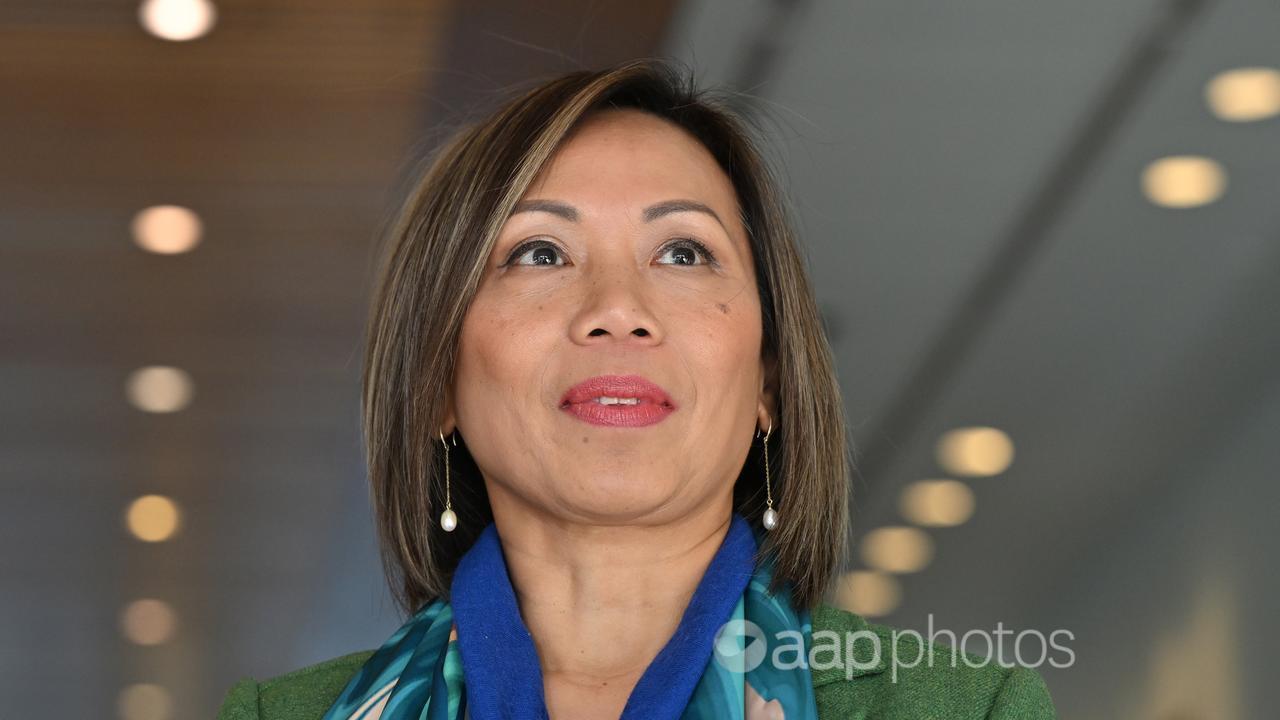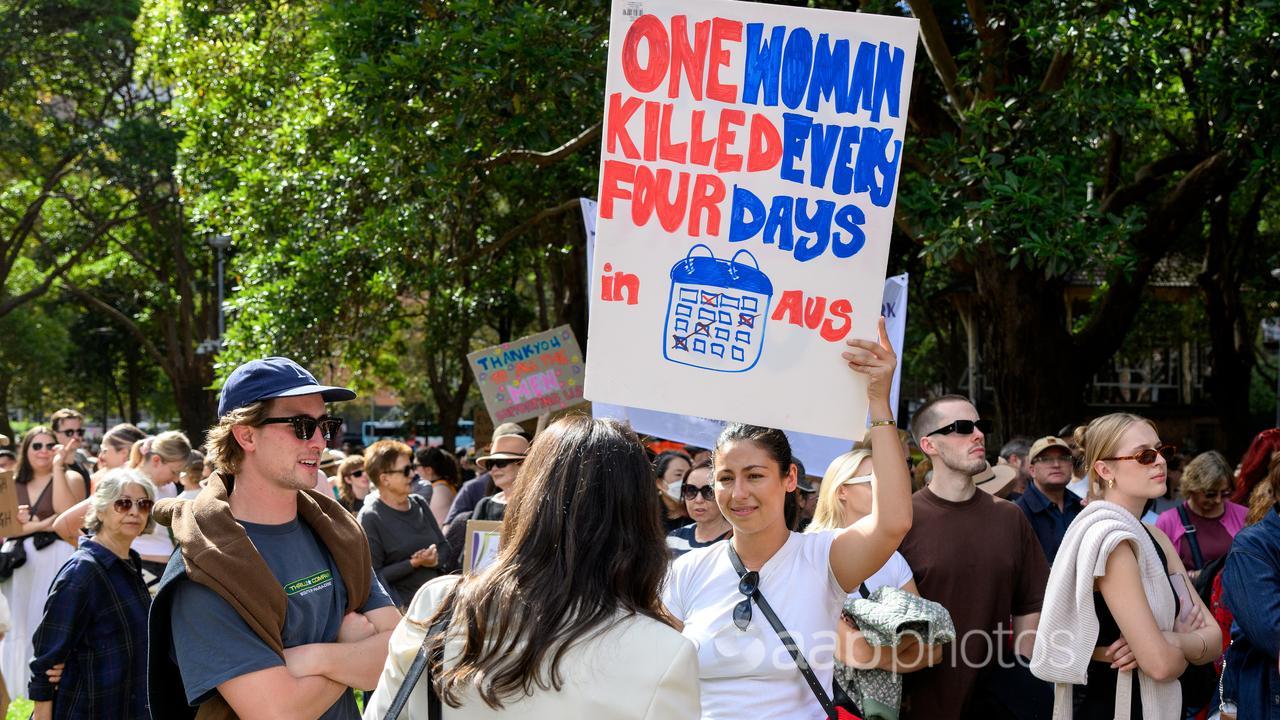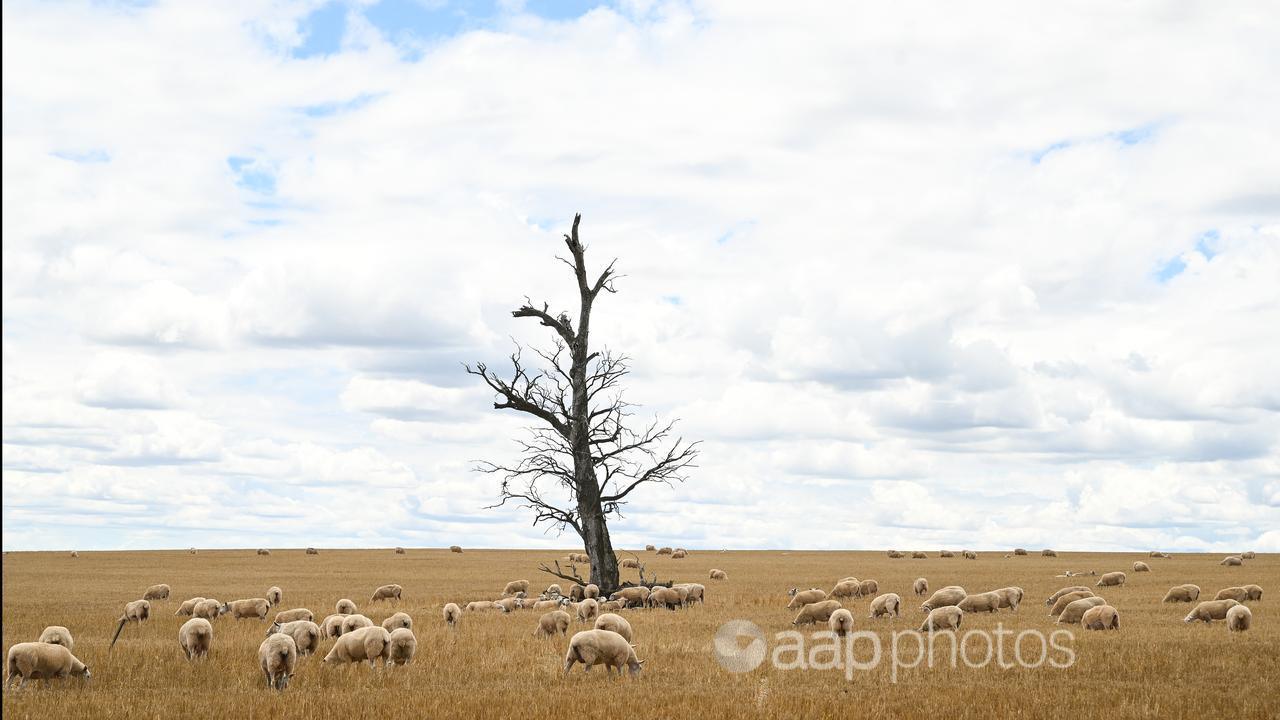A Facebook video claims the Rothschild family controls the majority of the world’s central banks.
The video (archived here) details a list of 16 banks allegedly controlled by the well-known banking family including the Reserve Bank of Australia, the US Federal Reserve, the Bank of England and European Central Bank.
The post also alleges that the Rothschilds control another 100 central banks outside of the specific examples given in the video.
The claim that the Rothschilds secretly control the world’s banking system is not new. It is a common manifestation of a long-running anti-Semitic conspiracy theory that has been debunked countless times before (examples here and here).
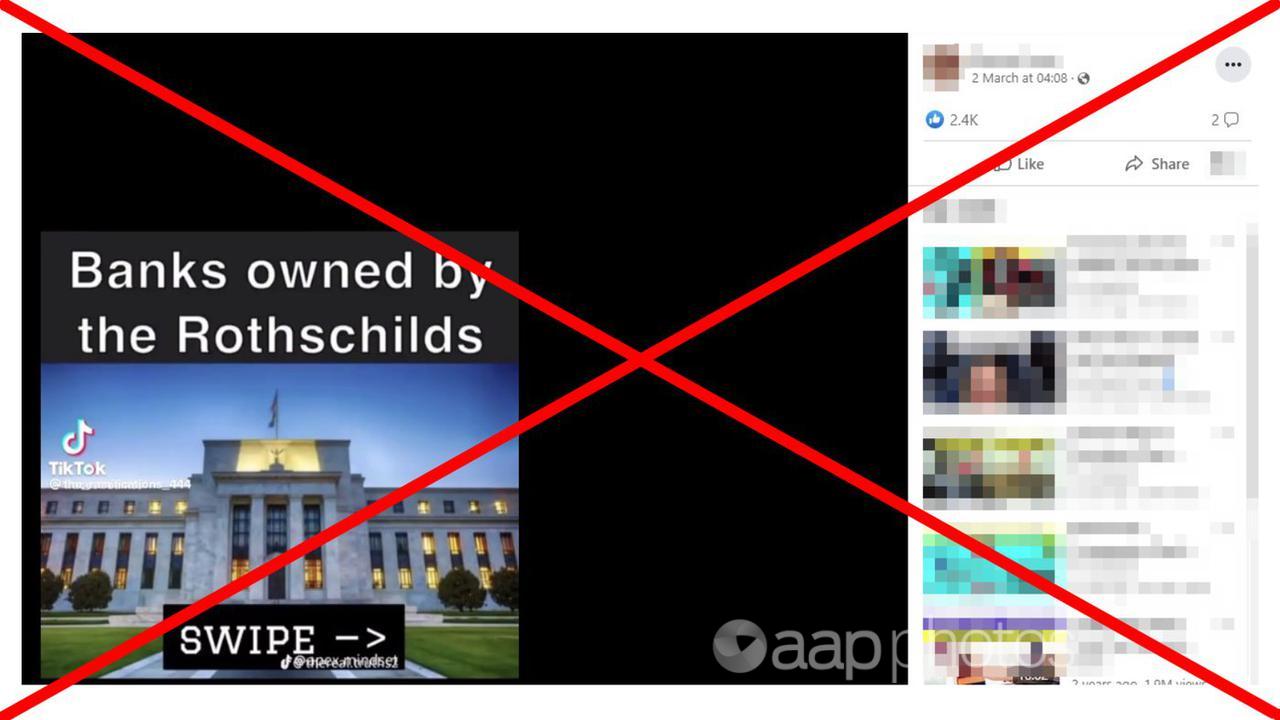
The Rothschild family is commonly used to support an anti-Semitic conspiracy theory that wealthy Jewish people control the world economy.
The claim is false. The Rothschilds do not own the Reserve Bank of Australia, or any of those listed in the claim. Central banks are generally publicly-owned institutions. As such they operate with a great deal of transparency around their operational structure and decision-making.
The Reserve Bank of Australia for example, has publicly available information about its structure, leadership and history, all of which make it clear that the bank is “wholly owned by the Commonwealth of Australia”.
The Reserve Bank was created by an act of government in 1911, originally named the Commonwealth Bank. It was renamed and reorganised into its current structure by the Reserve Bank Act of 1959, which separated the commercial activities of the Commonwealth Bank from its central banking functions.
Likewise, the European Central Bank is not privately owned. The ECB website explains that the organisation is owned collectively by the central banks of EU member countries. Each nation’s bank contributes according to the size of its economy and decisions are made by a governing council of representatives from the various central banks.
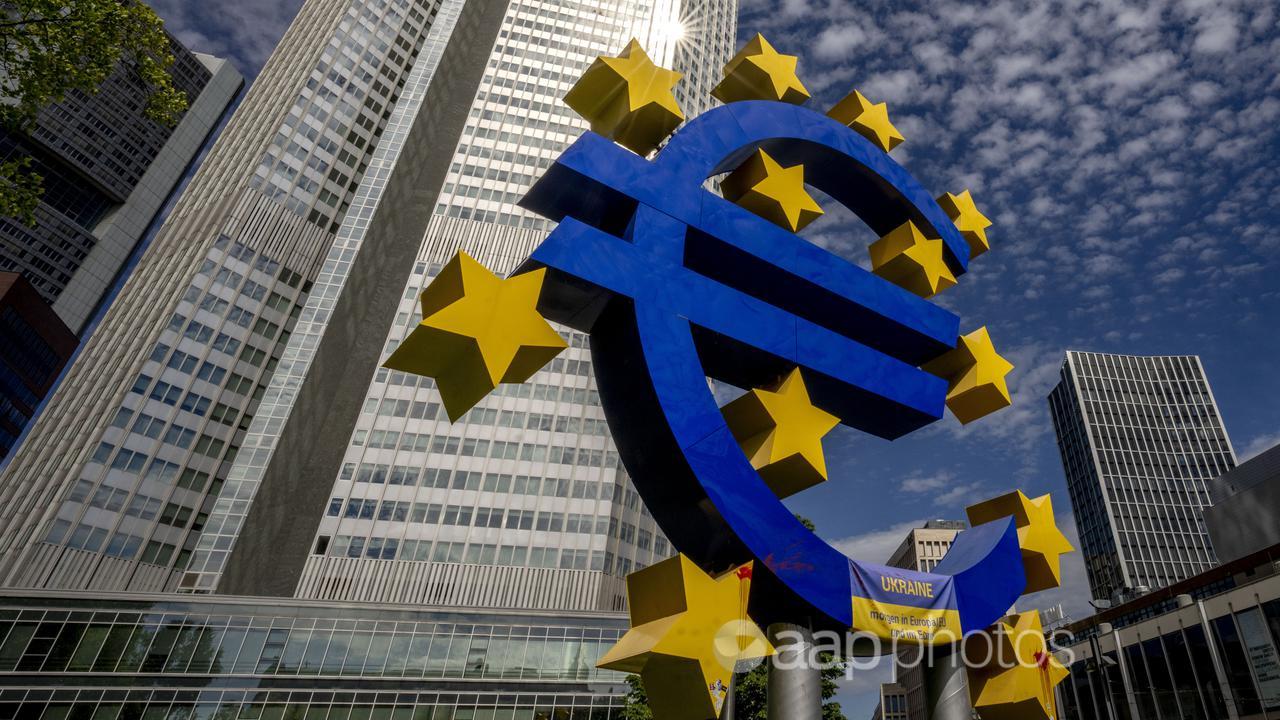
Resources published by the Bank of England (BoE) make it clear that the bank is a publicly-owned, independently-run entity. The BoE’s website explaining governance states that the bank is a public institution.
“We are a public body that must answer to the people of the UK through parliament,” it reads.
The BoE also states it is owned by the government and is run by a group of directors who make decisions independent of the government. The BoE was nationalised by the Bank of England Act of 1946 and has remained publicly owned since.
Similarly, the US Federal Reserve is not owned privately and is classed as an agency of the federal government. It reports directly to – and is accountable directly to – congress.
The Verdict
The claim that the Rothschild family owns most of the world’s major central banks is false.
The listed banks are not owned by the family and are instead typically publicly owned and without private influence or backing.
False – The claim is inaccurate.
* AAP FactCheck is an accredited member of the International Fact-Checking Network. To keep up with our latest fact checks, follow us on Facebook, Twitter and Instagram.
All information, text and images included on the AAP Websites is for personal use only and may not be re-written, copied, re-sold or re-distributed, framed, linked, shared onto social media or otherwise used whether for compensation of any kind or not, unless you have the prior written permission of AAP. For more information, please refer to our standard terms and conditions.

